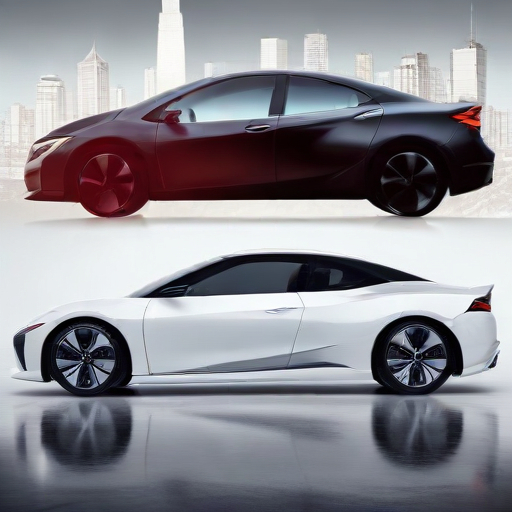Honda Motor and Nissan Motor are reportedly in discussions about a potential merger aimed at enhancing their competitiveness against Tesla and other electric vehicle manufacturers. The Nikkei financial newspaper indicated that the two companies might operate under a single holding company and are poised to sign a memorandum of understanding to facilitate this.
The discussions may also include Mitsubishi Motors, which is primarily owned by Nissan, potentially creating one of the largest automobile groups globally. While neither Honda nor Nissan has confirmed the specifics of the talks, both companies reiterated their ongoing exploration of various collaborative opportunities to leverage each other’s capabilities, as previously noted earlier this year.
This strategic partnership follows an acknowledgment that Honda and Nissan, Japan’s second and third largest car manufacturers after Toyota, are striving to enhance their electric vehicle (EV) strategies, especially in light of competition from Chinese companies like BYD, who have significantly increased their market presence. In fact, China surpassed Japan as the leading vehicle exporter in 2023, thanks to its stronghold in the electric vehicle market.
In May, Honda committed to doubling its electric vehicle investments to $65 billion by 2030, with an ambitious target of achieving 100% EV sales by 2040. Similarly, Nissan has plans to electrify a significant portion of its upcoming models, with 16 out of 30 new models expected to be “electrified.”
There is also a growing global demand for electric and hybrid vehicles driven by increasing climate change concerns. However, consumer demand for EVs has faced challenges due to high prices and concerns regarding charging infrastructure. In Japan, hybrid vehicles, which blend battery power with traditional internal combustion engines, remain popular, comprising 40% of the market share in 2022. Conversely, purely electric vehicles represented only 1.7% of car sales in Japan in the same year, indicating a stark contrast to higher percentages seen in Western Europe and the United States.
This merger could bring a significant transformation in the automotive industry, allowing Japanese manufacturers to regain ground in the rapidly evolving EV landscape and respond effectively to the increasing consumer demand for environment-friendly vehicles. The collaboration could foster innovation and development, positioning Honda and Nissan as key players in the future of mobility.
